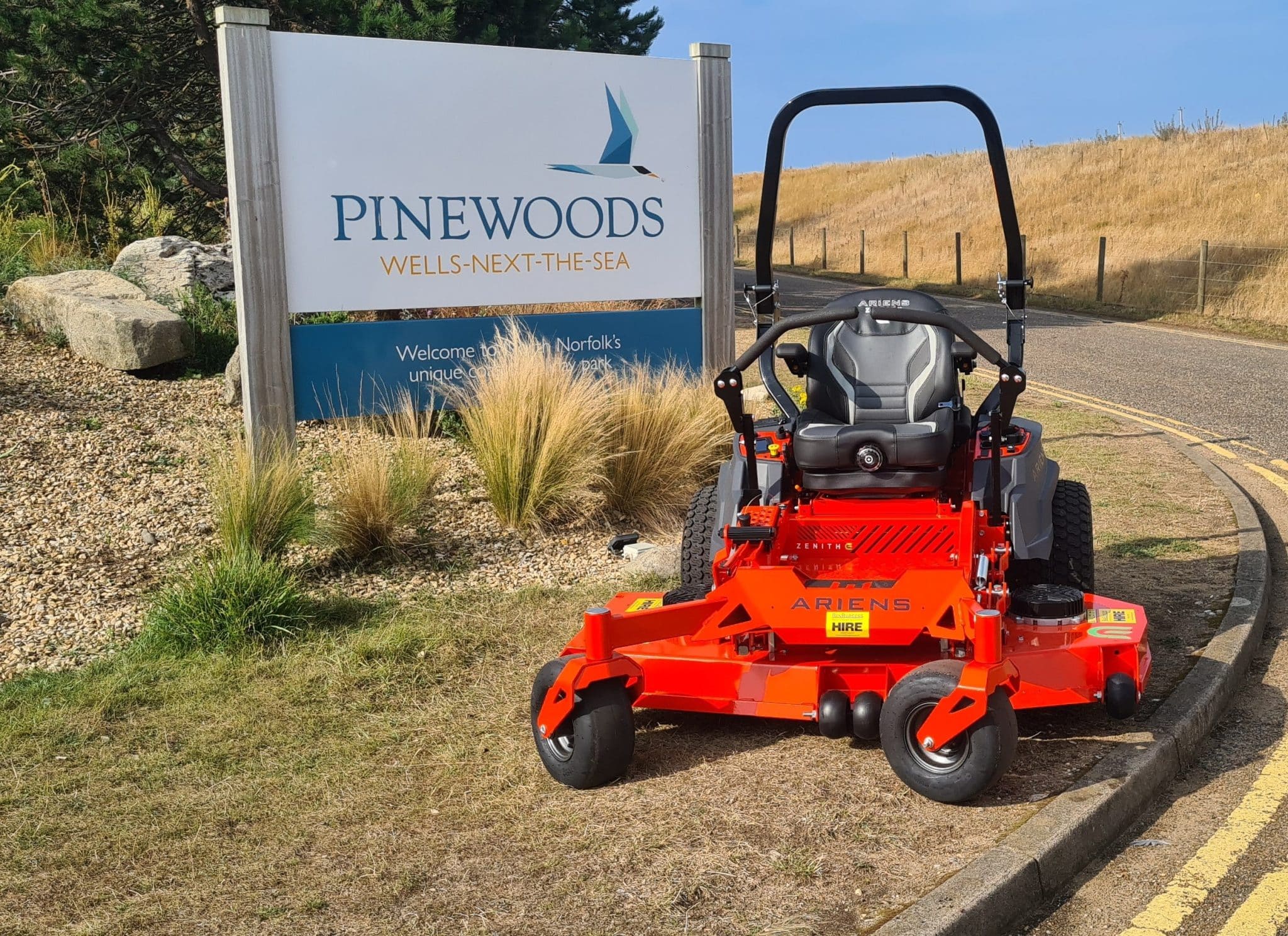
WONDER
Championing low carbon living
We willchampion low carbon living and be a carbon negative estate by 2024
In order to achieve our goal to ‘be a carbon negative estate by 2040’, we first needed to understand where our emissions were coming from.
In 2020, we appointed the Carbon Trust to undertake an audit of our direct emissions (Scope 1 & 2), and two of our indirect emissions – water and waste (Scope 3).
We also worked with Agrecalc to calculate the carbon emissions of our farming operation, as well as calculating the amount of carbon we sequester (absorb) through our trees and soil.
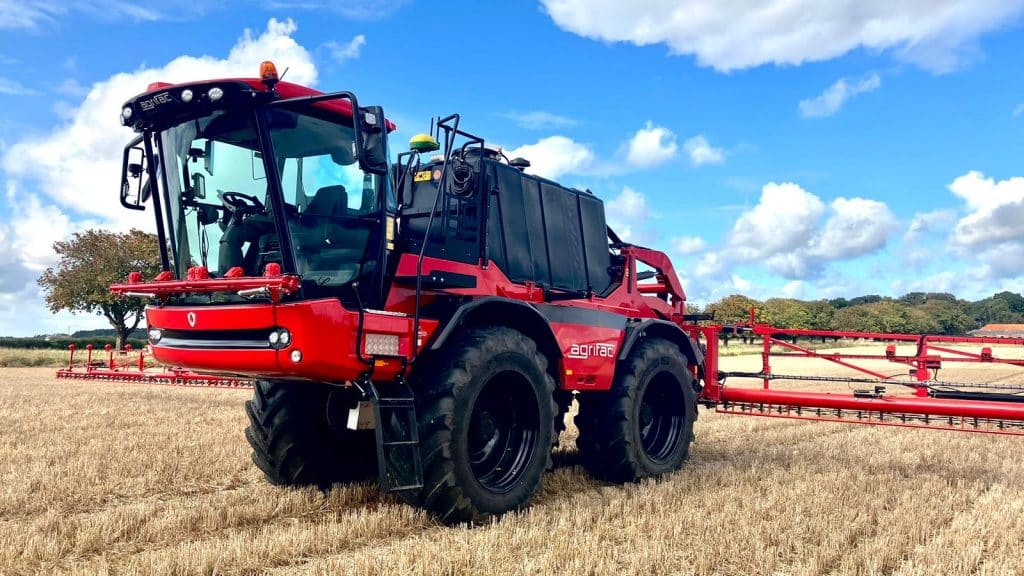

The baseline
Our baseline footprint came out at 12,200 tonnes CO2e in the year ending 2020.
Our farming business was responsible for 89% of these carbon emissions, due to the application of artificial fertiliser, use of diesel and methane produced by our cattle.
The highest sources of emissions from our other businesses was heating (including gas at our holiday park, biomass and heating oil), electricity (despite all being on renewable energy contracts) and diesel (from our vehicles).
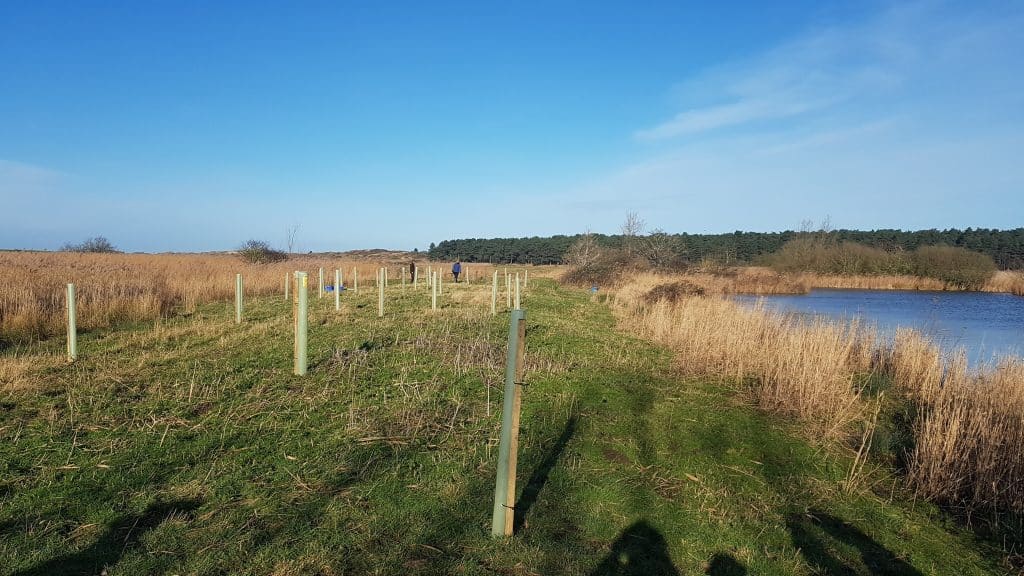
Net zero?
The farmland at Holkham sequesters 3,000 tonnes of carbon per year, while our woodland sequesters 10,000 tonnes.
Therefore, if we included our hedges, given that baseline of 12,200 tonnes, we’d already be at ‘net zero’.
However, in order to accurately reflect the overall carbon footprint of the estate, we have chosen to include measuring indirect emissions from visitor travel, staff commuting and business travel, purchased goods and services, as well as the let estate (18 tenant farms, 290 residential properties and commerical tenants).
When we include all of this, it increased our baseline footprint for the year ending 2020 to 32,500 tonnes CO2e.

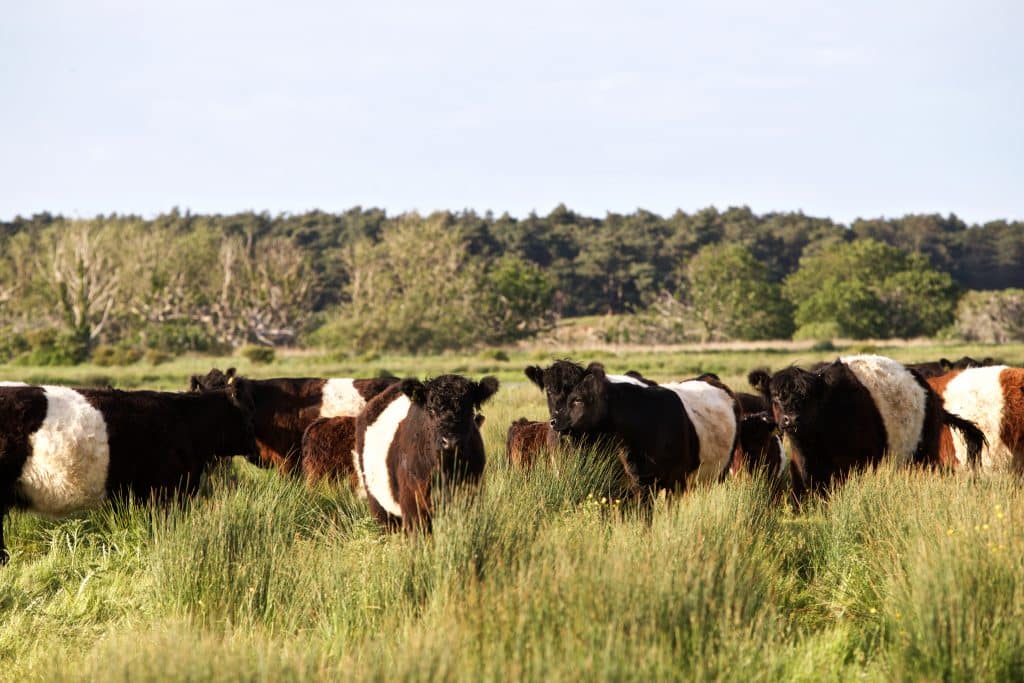

On the right track
Since our baseline, we have reduced our direct emissions by 20% (based on data from the year ending 2023).
The carbon emissions from our cattle have decreased significantly – by 88%!
This has been achieved by replacing soya feed with estate grown sileage, maize, sugar beet and herbal lays.
Overall, our farm carbon footprint is reducing annually thanks to reduced use of artificial fertiliser and more efficient operations, lowering our diesel consumption.
What we’re doing to champion low carbon living
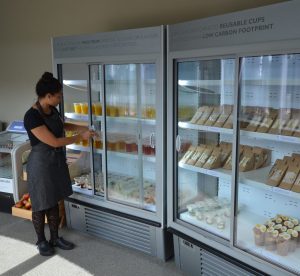
Lowering our carbon footprint
WONDER
We’re always looking out for ways to lower our carbon footprint across our businesses.
Read more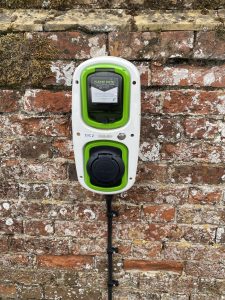
EV charging
WONDER
We’ve added EV chargers to visitor accommodation and are considering further options across the estate.
Read more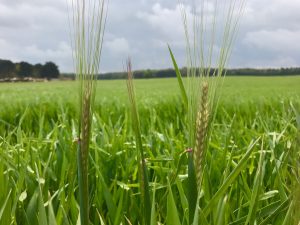
Catalyst Farming
WONDER
We’re working with four other Norfolk farms and a data specialist to help reduce our use of artificial inputs.
Read more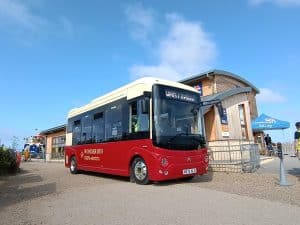
Greener transport
WONDER
We’re promoting the use of green transport amongst visitors and staff.
Read more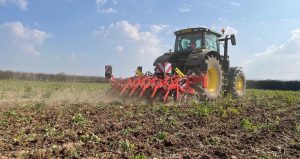
Reduced inputs on farms
WONDER
We are reducing the inputs used in farming and trialling new ways of planting.
Read more